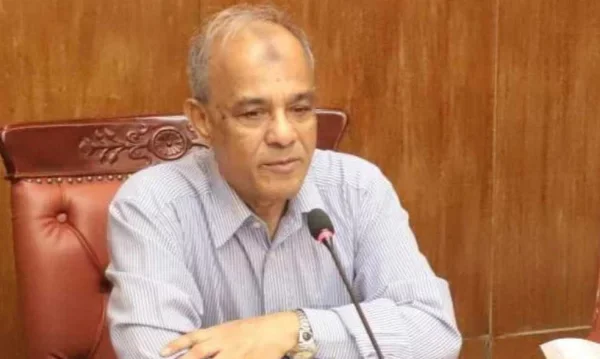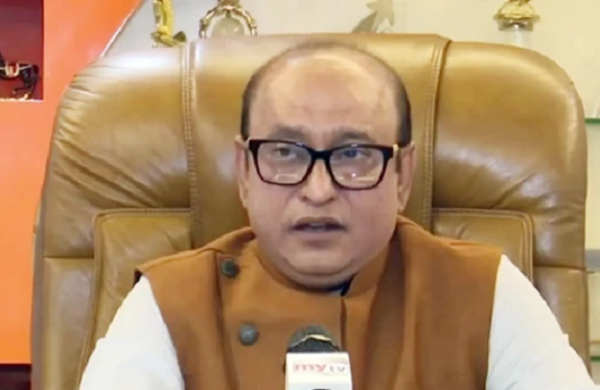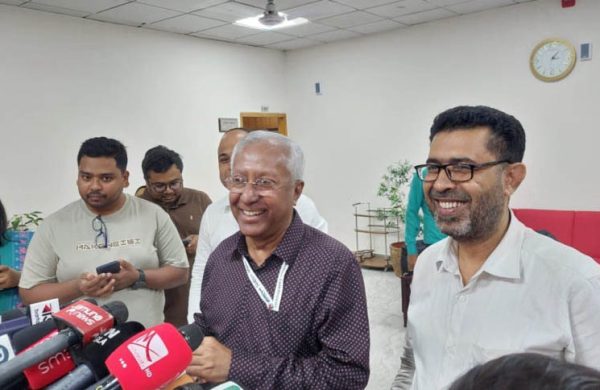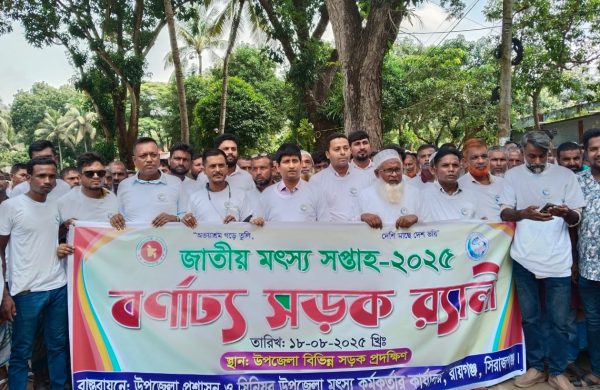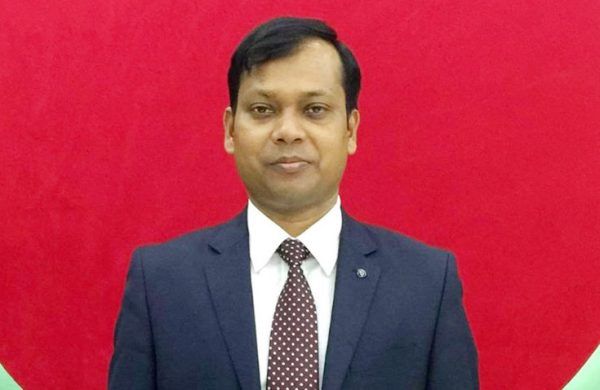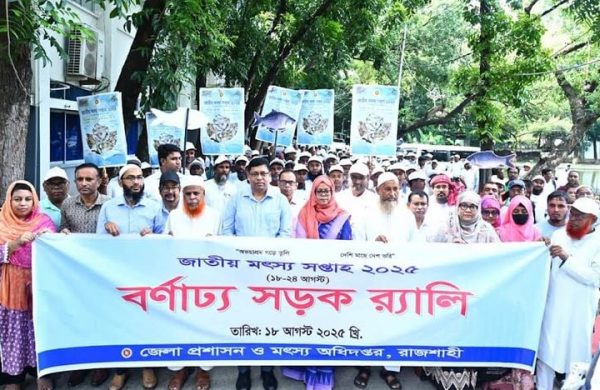AL govt violated SC verdict to modify Warrant of Precedence
- Update Time : Sunday, January 19, 2025

TDS Desk:
The Warrant of Precedence, which ranks key members of the three organs of the state in order of importance, was modified in 2020 violating a judgement of the apex court.
Instead of amending the Warrant of Precedence in accordance with the judgement over three and half years after the Appellate Division of the Supreme Court released its full verdict in November 2016, the Sheikh Hasina-led previous government reverted to the version issued during the tenure of Sheikh Mujibur Rahman in 1974.
As a result, the status of the three organs of the state is not reflected properly in the Warrant of Precedence, while the previous government’s decision is a complete violation of the apex court.
“Even though a review petition is pending, not modifying the Warrant of Precedence as per the Supreme Court judgement is a violation of the court,” said Advocate Muzahedul Islam Shahin, an assistant attorney general.
Echoing him, Advocate Ishrat Hasan, a lawyer of the Appellate Division, that it is unfortunate that the Warrant of Precedence was not modified in accordance with the SC verdict.
The Cabinet Division, under the Rules of Business, formulated the Warrant of Precedence in 1986 to determine the state rank. The first Warrant of Precedence was issued on 11 January 1974. Before the modification in 2020, it was amended in 2003 and several other amendments occurred between 1986 and 2003.
In 2006, Md Ataur Rahman, the then general secretary of the Bangladesh Judicial Service Association, filed a writ petition challenging the legality of the amended Warrant of Precedence. He argued that the document placed constitutional office holders, whose ranks are defined and recognised by the Constitution, below officials in the administrative cadre.
On 4 February 2010, the High Court declared the amended Warrant of Precedence from 1986 null and void, issuing an eight-point directive. Later in 2011, the state filed an appeal challenging the HC verdict.
On 11 January 2015, the Appellate Division delivered its judgement, freshly fixing the state hierarchy. The full text of the verdict was released on 10 November 2016.
The Appellate Division in its observations had stated that the rank of the Chief Justice should be elevated to the same level as the Speaker. The executive branch, the legislative branch and the judiciary are the three organs of the state. The Warrant of Precedence should be prepared in such a way that the status of the three organs is reflected. The SC judgement had listed the state ranks of Australia, India, Pakistan and Sri Lanka.
It had also recommended that individuals with significant national honour such as recipients of the Independence Award, Ekushey Padak and Bir Uttam for their role in the Liberation War be appropriately incorporated into the Warrant of Precedence.
The judgement said the judges of the Appellate Division should be placed at number 7 and the attorney general and judges of the High Court at number 8. The MPs, the comptroller and auditor general should be placed at number 12 and the PSC chairman at number 15. The judgement also expressed hope that a law would be enacted in this regard.
The full 62-page verdict emphasised that the Constitution is the supreme law of the country. Therefore, constitutional office holders must be prioritised in the Warrant of Precedence based on their significance. The district judges and judicial officers of equivalent rank, previously ranked 24th, should be upgraded to 16th, equivalent to government secretaries. Similarly, additional district judges and officers of equivalent rank should be placed in the 17th position.
In the 1986 version, district judges were ranked 24th, below officials such as the commandant of the Marine Academy, deputy commissioners, DIGs and even the director of BSTI, despite being of equivalent rank.
In 2017, the state filed a petition to review several important issues, including the apex court’s directive to make the status of district judges equal to the rank of secretaries. No initiative was taken to hold any hearing on the matter till the fall of the autocratic Awami League regime. The petition was pending before the Appellate Division for over eight years.
When the review petition was pending, the government amended the state hierarchy by issuing a gazette notification on 21 July 2020, without evaluating the dignity and status of judicial officials as per the apex court’s verdict. Later, a lawyer sent a legal notice demanding the cancellation of the amendment.
The lawyer in the legal notice had said the rank order of the Attorney General, district judges and medal-winning freedom fighters in the amended Warrant of Precedence was not mentioned as per the apex court’s judgement.
Then Prime Minister Sheikh Hasina criticised the court after delivering the verdict. On 28 January 2015, she told Parliament that the court could not say anything on the hierarchy of state posts.
“Since the drafts of law, ordinance and gazette notifications are prepared by the administration cadres, they had taken their rank and the government of that time accepted it,” said Advocate Ishrat Hasan.
Now the Bangladesh Judicial Service Association has submitted an application requesting an expedited hearing on the matter. SC lawyer Barrister Nihad Kabir filed the application on behalf of the association.
A five-member bench of the Appellate Division headed by Chief Justice Syed Refaat Ahmed will hold a hearing on the review petition on 23 January, said Nihad Kabir.
Ishrat Hasan said in accordance with the spirit of the Constitution, it is imperative to ensure equality in dignity and privileges for all officers and employees of the Republic based on their qualifications. The Appellate Division’s judgement emphasised the constitutional mandate to uphold the dignity of all position holders. “I hope that this principle will be maintained in the review petition’s verdict as well,” she said.



